You Follow Me! - John 21:20-25
‘Distracted’ is one of the best adjectives to describe living in 2024. Because, after all, we’re perpetually distracted. Our phones, TV, and computers are constantly trying to suck us in aren’t they? I’d be willing to bet that I’m not the only person here who has sat down to try to read a book only to find myself pointlessly scrolling on my phone.
Anytime we sit down to work on a project we end up doing something totally unrelated. It’s so easy to lose focus and let the little interruptions control our lives.

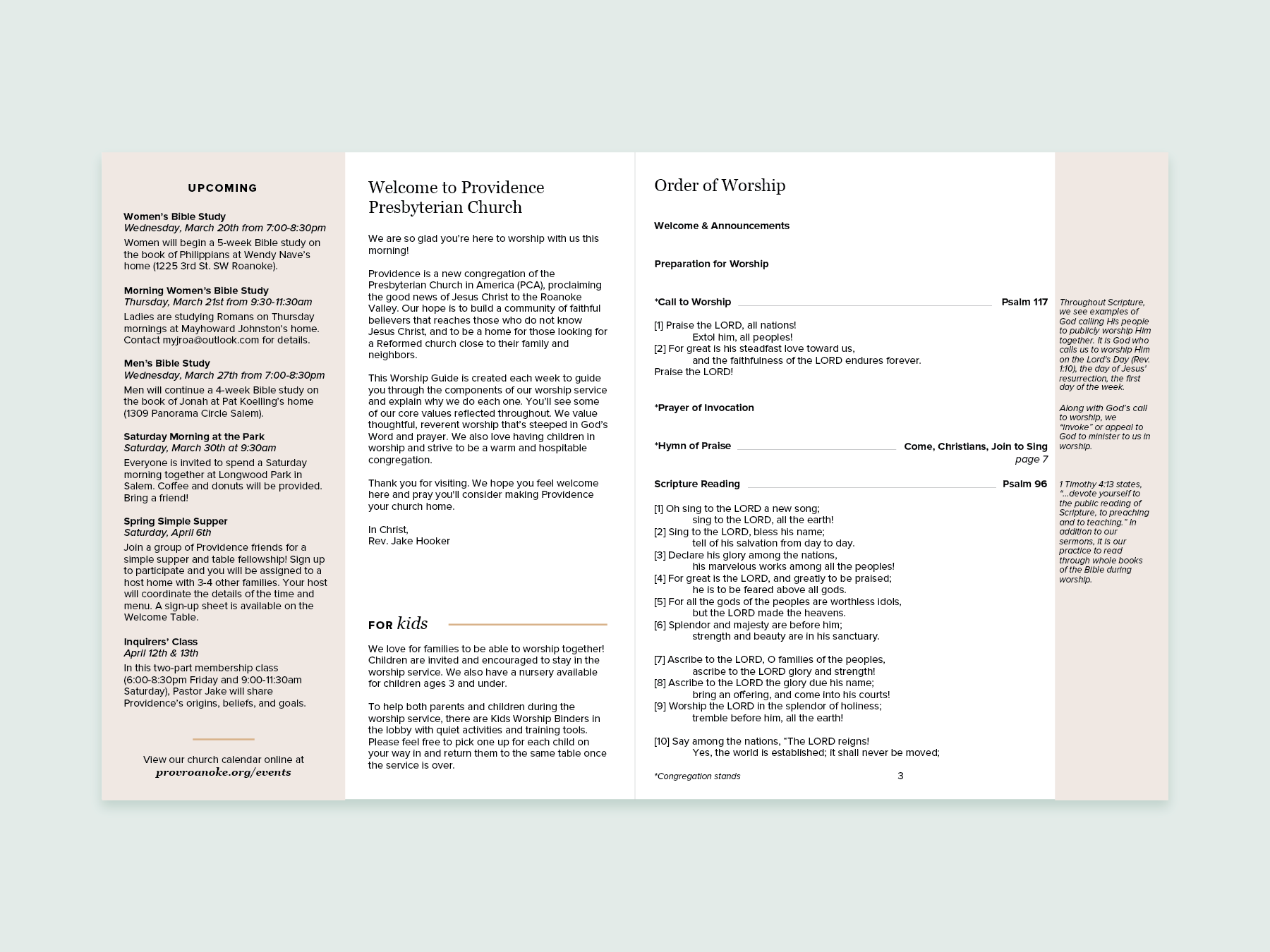
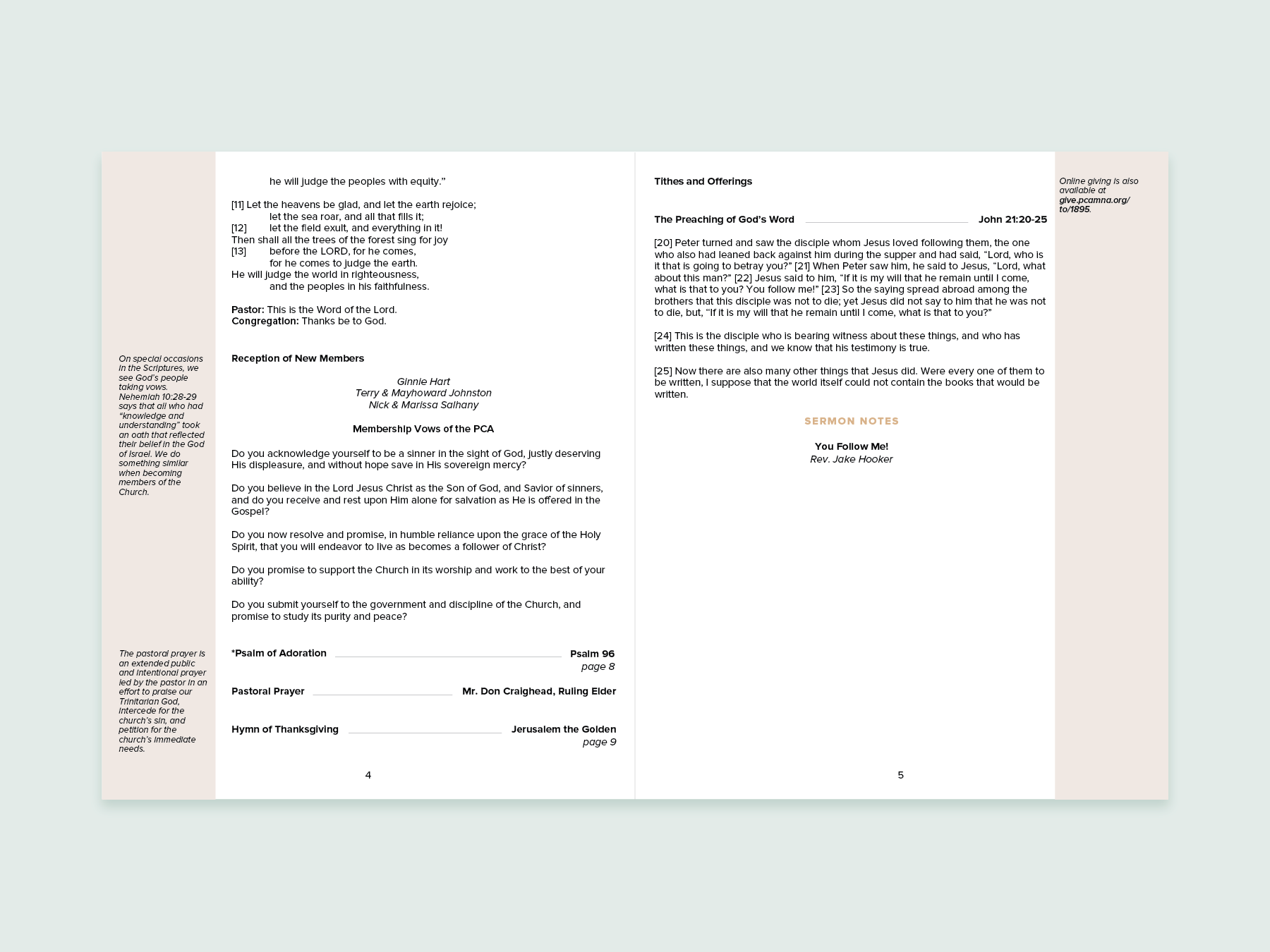
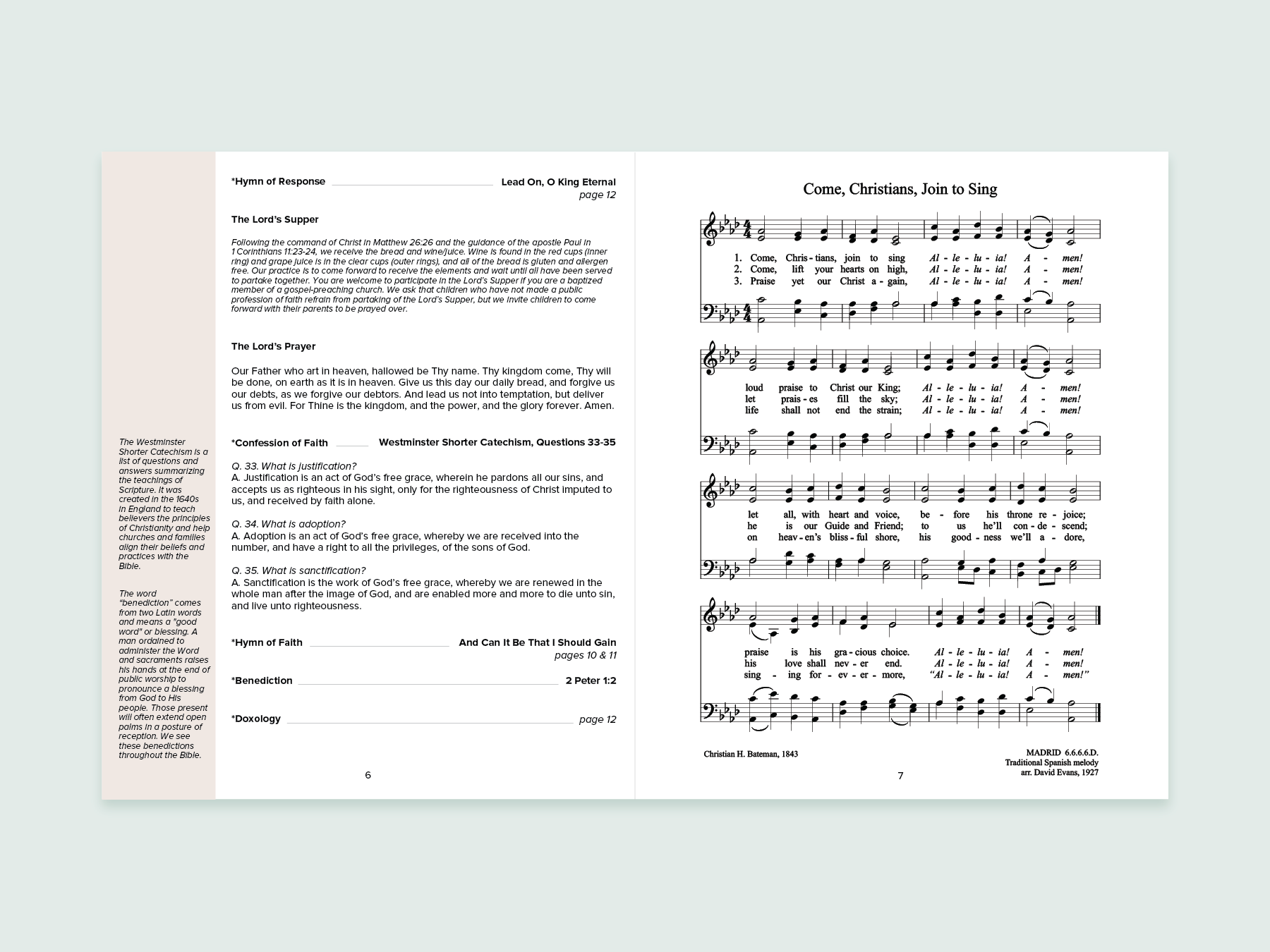
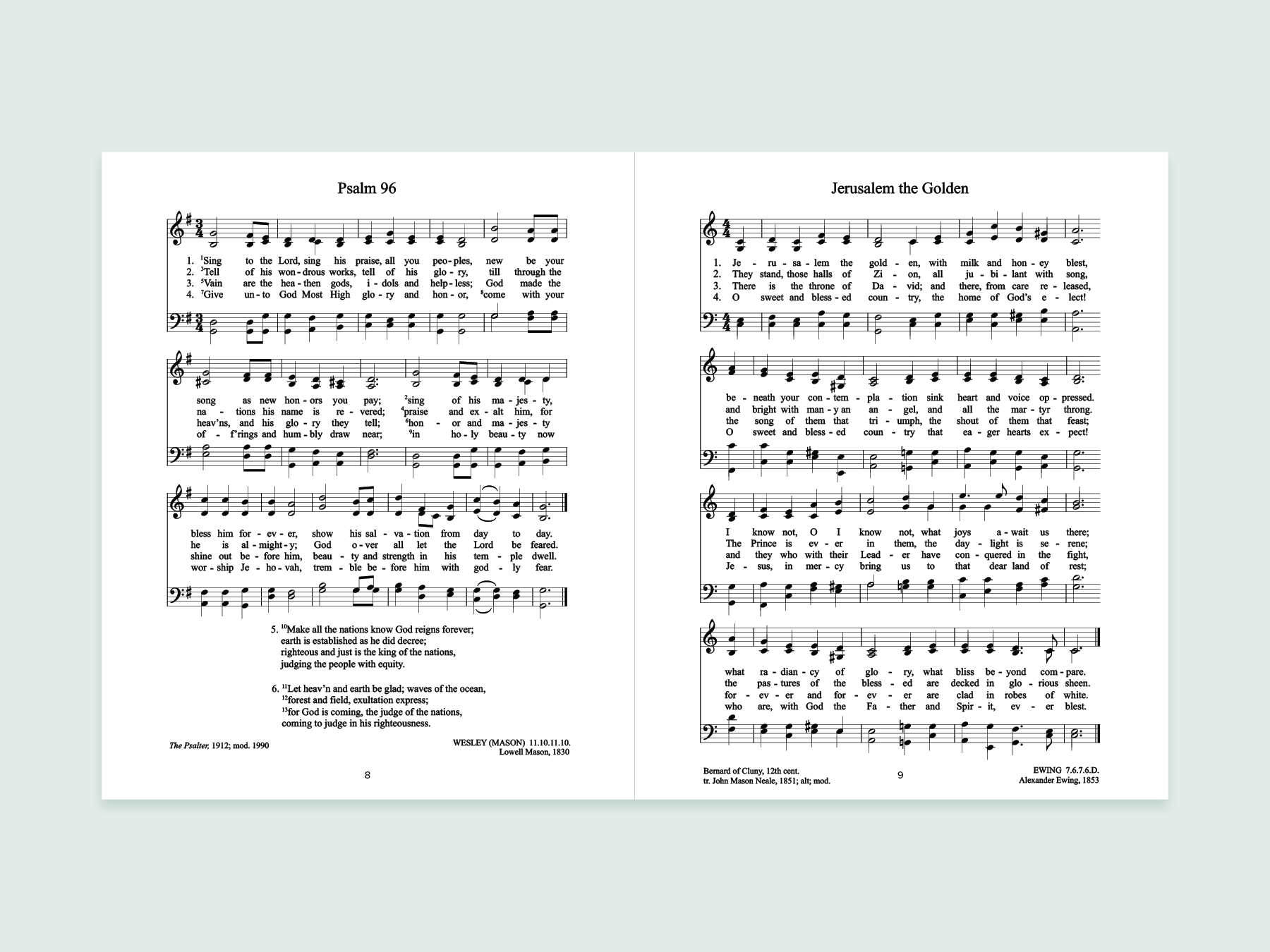
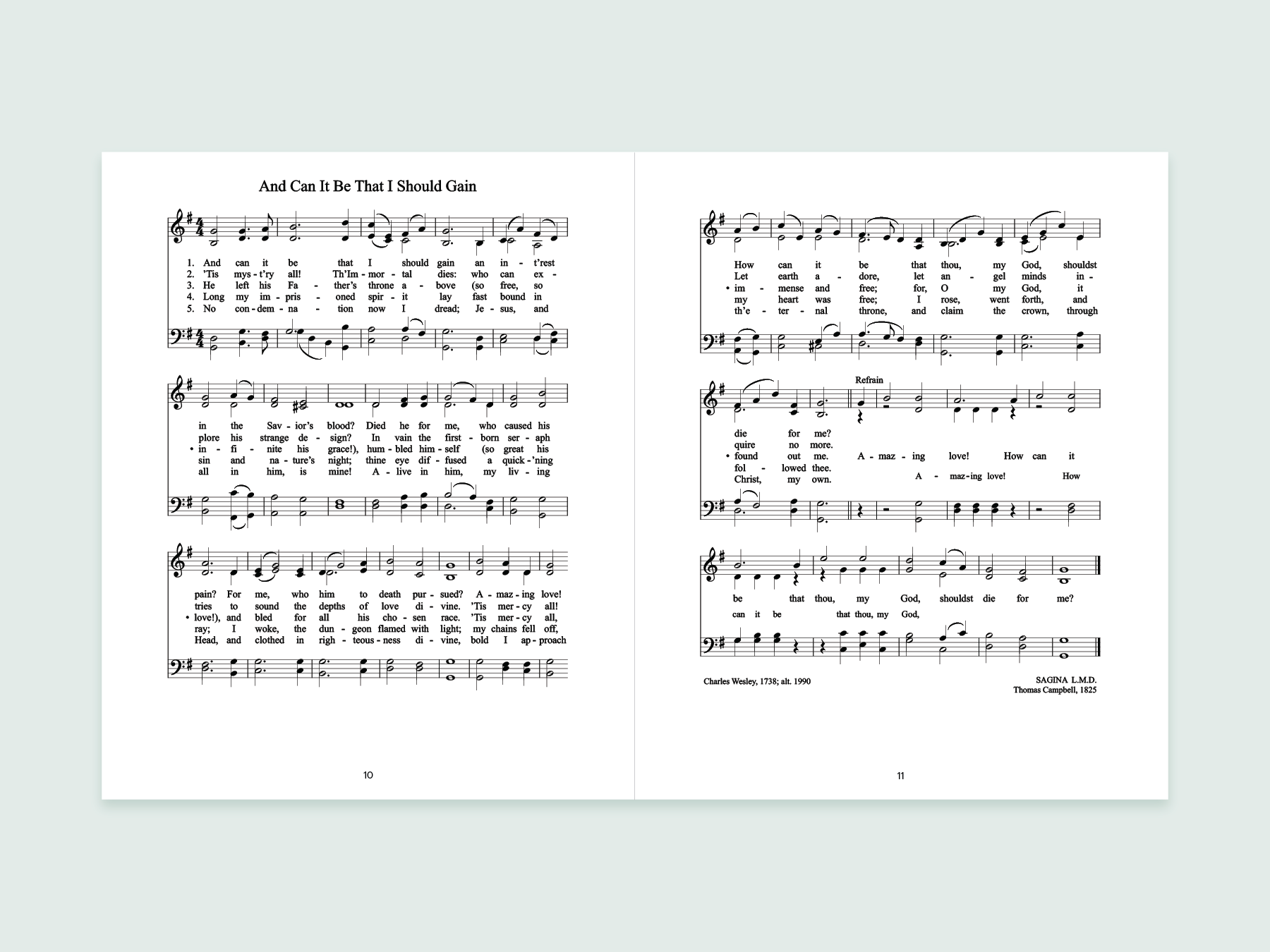
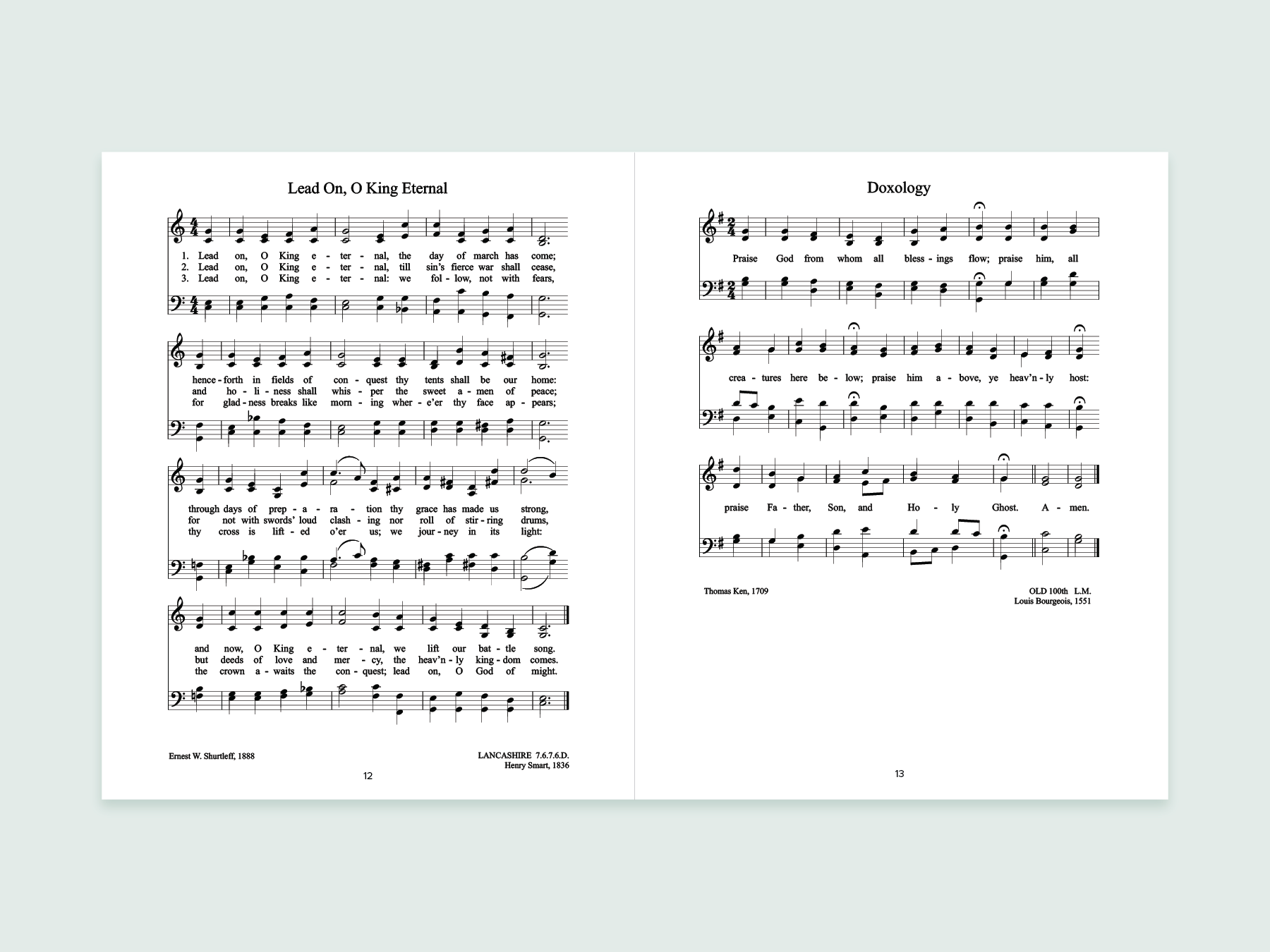
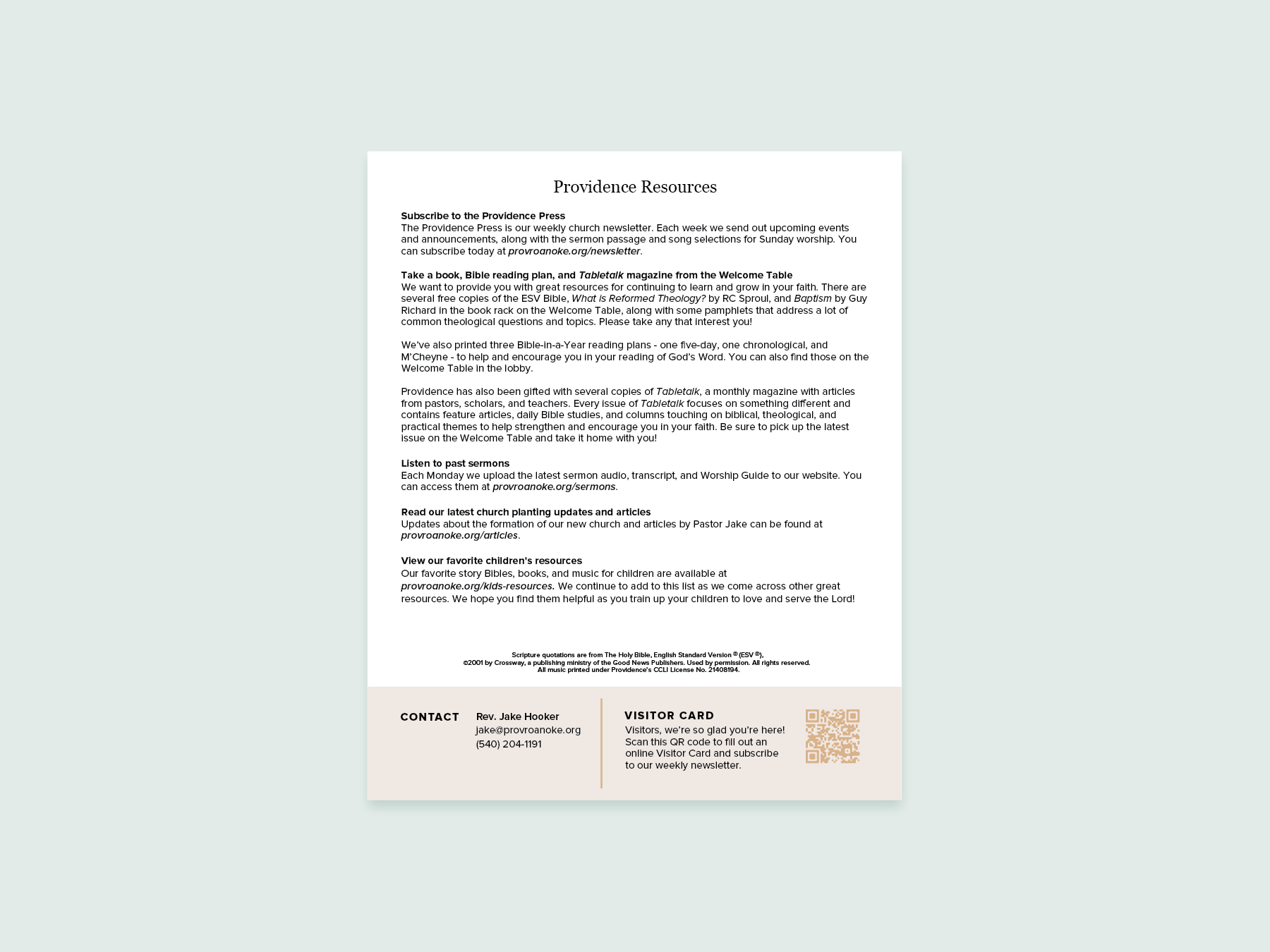
And in many ways, I think the same is true for us as Christians. We can get distracted. So often we let the little things distract us from what’s really important.
Which is exactly what happens in our passage, Peter gets distracted. He takes his eyes off of the ball, doesn’t he?
Jesus corrects Peter about John and quickly reminds him that Christians are called not to obsess over the Christian experience of others, but rather to focus on following the Lord Jesus Christ. Jesus tells Peter, “You follow me,” which was a call to personal obedience.
This passage breaks down into three parts: first Peter’s curiosity over John’s experience is expressed, second, his curiosity is corrected, and lastly, his curiosity is redirected.
Obviously we’re picking up right where we left off, and it’s important to keep in mind that all of this is post-resurrection. Jesus had already risen from the dead and has been meeting with his disciples periodically since his resurrection.
And Jesus met Peter and several other disciples as they were fishing on Lake Tiberias, which was where Jesus ultimately restored Peter. And as part of Peter’s restoration, he expressed his devotion to Jesus and Jesus told him to, “feed my sheep.” And so at the very end of John’s gospel on the heels of Peter’s restoration, they’ve ultimately wrapped up breakfast and Jesus has begun to walk away from the disciples, presumably to disappear just as suddenly as he had appeared to them.
Curiosity Expressed
And so as Jesus begins to walk away from breakfast, Peter pops up to walk with him. You can’t help but wonder if Peter took Jesus’ call to “follow me” in verse 19 literally.
But what’s of major significance to this passage is what Jesus told Peter immediately following his restoration. Jesus tells Peter that he’s going to be martyred for the faith. Look at verses 18-19. Jesus said:
Truly, truly, I say to you, when you were young, you used to dress yourself and walk wherever you wanted, but when you are old, you will stretch out your hands, and another will dress you and carry you where you do not want to go.” 19 (This he said to show by what kind of death he was to glorify God.) And after saying this he said to him, “Follow me.”
Jesus told Peter he would ultimately die for him and the tradition is that Peter was ultimately crucified upside down for his faith in Jesus.
But it’s important to understand the scene here: Jesus is walking away from breakfast, Peter is walking with him, and John was trailing behind Jesus and Peter at a short distance but probably still within earshot.
Which really isn’t out of the ordinary. John was a part of Jesus’ inner circle and he and Peter were close friends.
But look at what Peter does in verse 20: “Peter turned and saw the disciple whom Jesus loved following them, the one who also had leaned back against him during the supper and had said, “Lord, who is it that is going to betray you?””
Throughout John’s gospel he refers to himself in a euphemistic sort of way. He consistently calls to himself as the disciple whom Jesus loved. But it’s the other details that are of particular interest, because he’s referencing a specific episode from the upper room prior to Jesus’ betrayal, arrest, and crucifixion. It was in the upper room that Jesus announced, somewhat out of left field, “one of you will betray me.”
No doubt that announcement would have dropped like a bombshell. But when Jesus first announced it, he left out the most crucial piece of information: who was going to betray him?
Which is why John leaned back on Jesus in the upper room and asked him, “Lord, who is it that is going to betray you?” But there’s an important component to that whole episode that we tend to forget.
Do you remember who prompted John to ask Jesus who was going to betray him? It was Peter! Peter encouraged John to ask Jesus who would betray him in John 13.
That detail is important because it speaks to Peter’s natural disposition because even in the upper room Peter was looking to extract as much information out of Jesus as possible.
He consistently pushes the boundaries as far as possible.
And of course, there is an appropriate time and place to get more information and to ask clarifying questions. That’s not necessarily wrong.
But there is a point where a line is crossed. There’s a point where we’re no longer asking questions to gather helpful information. At a certain point, we demonstrate a sinful level of curiosity into the affairs of others. It’s just being nosey!
Which is of course, what happens in our passage. Peter, who has a reputation for pushing boundaries decided that this was a good opportunity to ask Jesus, “Lord, what about this man?”
Peter was obviously asking Jesus about John. After all, Jesus had just told Peter that he would be martyred for his faith, and so, Peter wanted to know what’s going to happen to John?
Peter wanted the scoop. He had pressed John to ask Jesus about his betrayer. Now, Peter is asking Jesus to share with him the nitty gritty details of John’s demise. Lord, how’s John going to die? Is he going to die like me?
It might sound like a genuine question coming from a place of sincere concern.
But really, Peter is just curious about John’s affairs and death. Which is a pretty gutsy question coming from Peter when you consider the fact that he was just restored by Christ fifteen minutes ago. It’s somewhat shocking that Peter would be this comfortable asking Jesus pressing questions that have nothing to do with him!
If you grew up with siblings in the house then one of the classic points of disagreement is who received the most preferential treatment from your parents. Isn’t that the classic debate amongst brothers and sisters? How many of you have had long debates with your brothers and sisters over who had it the hardest and who had it the easiest growing up?
I don’t even need to ask, because I already know that everyone in this room had the hardest life in their family. And of course, no one in here was the favorite, because your parents didn’t have favorites. They loved you and your brothers and sisters all the same. Except your brother got more time watching TV, your sister had a more lenient curfew and your younger sibling never got punished for anything. That’s typically the way things work in every family.
Of course, I’m being sarcastic and joking, but what are we doing when we have that conversation? We’re comparing our lives with one another.
But we don’t just compare our families, we compare work, finances, health - we compare just about everything with those around us don’t we? This person has had everything in life handed to them. That person wouldn’t have lasted a minute if they had gone through everything that I have experienced. We’ve all had those thoughts at some point or another, haven’t we?
And comparison doesn’t stop at the church doors (or American Legion doors) either does it? We even compare our Christian experiences with those around us.
I read my Bible more than John. I pray more than Jane. I do more for the church than him. I’m more reformed than her.
And sometimes we ask questions that may even sound sincere but really we just want information in order to give ourselves a little ego boost. We want the information in order to confirm what we already know - that we’re clearly better than whoever we’re comparing ourselves to!
Which is precisely what Peter is doing in our passage? On the surface, his question may sound sincere - what’s going to happen to my dear brother John? But the reality was he was asking in order to compare what Jesus had told him about his death to the death of John.
It would be easy for Peter to think that he would be super faithful to the Lord now because he was going to be martyred. “Lord, is John going to be as faithful to you as I am?”
And of course we know what happened: Jesus refused to answer the question, because the answer would not help Peter.
Because intrusive, nosey, questions are often the fuel for sinful comparison. That’s really why Peter was asking Jesus about John - he wanted to know the scorecard.
But sinful comparison is where jealousy, bitterness, envy, pride, anger, and discontentment grow and thrive. It doesn’t even matter if the person is experiencing a season of blessing or a difficult season because you’re going to sin either way! Either you’re going to be jealous of their blessing or you’re going to be puffed up with pride because of their suffering.
How wrong is that? There is something tremendously off in the heart of a Christian who is grieved when the Lord’s hand of blessing is upon the life of someone else. Similarly, there is something tremendously off in the heart of a Christian who celebrates the pain and suffering of someone else.
That’s sinful, sick, and twisted isn’t it? And yet, it’s exactly where comparison will take you.
It’s not how Christians are to act. We’re supposed to rejoice with those who rejoice. We’re supposed to mourn with those who mourn.
Curiosity Corrected
And so, Jesus doesn’t contribute to Peter’s temptation to sin, rather, he nips it in the bud.
Look at verse 22 with me. Jesus said, “If it is my will that he [John] remain until I come, what is that to you? You follow me!”
Interestingly enough, John tells us that a misunderstanding arose among believers concerning what Jesus said about him in verse 23:
“So the saying spread abroad among the brothers that this disciple was not to die; yet Jesus did not say to him that he was not to die, but, “If it is my will that he remain until I come, what is that to you?”
Some Christians understood what Jesus said there to mean that John wasn’t going to die until Jesus returned. But that’s really not what he was saying. Jesus was saying to Peter, “what difference does it make to you if John never dies?” Of course, John was exiled to the island of Patmos and would eventually die, but Jesus was making a rhetorical point!
But for a second, I want to go back to what I said earlier about all of us being the most oppressed child in our families. When you were growing up did you ever have the guts to tell your parents that they were the hardest on you?
Did you ever say something like, “Hey Dad and Mom, John always got more TV time than me. And Sally could always stay out later with her friends than me, and Jane never got punished like me.” Did you ever say anything like that to your parents?
What’s the standard reply to those sorts of comments? I’m sure we all heard a word of reproof that went something like, “stop worrying about them and just worry about yourself.”
In other words, what happens to them doesn’t affect you. Stop concerning yourself with the experiences of your brothers and sisters and just focus on yourself.
Which is more or less exactly what Jesus is telling Peter! “You follow me!” In other words, “Peter, don’t worry about what will happen to John. Focus on your own commitment and obedience to me.”
Where, when, how, or even if John would die was of no concern for Peter. It had no relevance to his personal walk with Christ. What would happen to John was frankly, none of Peter’s business, because he needed to focus not on John’s walk with Christ, but his own!
Clearly the message wasn’t received the first time was it? Remember in verse 22 Jesus is repeating what he said in verse 19. In both places Jesus’ instruction to Peter was, “Follow me.”
But it’s a little more emphatic in verse 22 isn’t it? He simply said “follow me” in verse 19 but in verse 22 he said, “You follow me!” It could be literally translated as, “You follow me alone!”
“Peter, don't worry about the outcome of John’s life, rather, focus on following me.”
Curiosity Redirected
You see, rather than sinfully comparing himself to John, Peter needed to focus on finishing his own race well. Peter needed to stop focusing on John and start focusing on himself.
Jesus is redirecting Peter’s curiosity, which is of course a message that we all need to receive! Believers need to stop measuring everyone else’s obedience to Christ (or lack thereof) and begin asking themselves, “Am I obedient to Christ?”
Are there any areas of my own life that I’m holding back? Is there anything that I haven’t turned over to him? Am I spending so much time thinking about everyone else’s Christian walk that I never stop to think about my own?
What would Providence look like if we regularly evaluated ourselves with the same measuring rod we use to measure everyone else with?
Probably one of the more intriguing aspects of John’s gospel is how it ends. You have those powerful marching orders in Matthew 28. “Go therefore and make disciples…”
Or the road to Emmaus in Luke. When you compare John’s gospel to the other gospels it might seem that John’s gospel ends on a whimper more than a bang. Look at how John ends his gospel in verses 24-25:
“24 This is the disciple who is bearing witness about these things, and who has written these things, and we know that his testimony is true. 25 Now there are also many other things that Jesus did. Were every one of them to be written, I suppose that the world itself could not contain the books that would be written.”
John has written these things down for us and iterates their truthfulness. He even gives what would seem to be an exaggeration that if everything was written about Jesus then it couldn’t be contained in all the books. And of course, he’s referring to Jesus’ influence and power in the world, which cannot be measured or contained.
Which may seem like a different way to end his gospel. But when you step back, it really makes a lot of sense!
You and I are called to obedience. We’re called to faithfulness. But have you ever wondered, “How do I become a more obedient follower of Jesus?”
Do we constantly beat ourselves up and remind ourselves of how we consistently fall short? Do we pull ourselves up by our own bootstraps and try a little harder? No.
Obedience and faithfulness to Christ requires you and me to stop thinking about ourselves and those around us and to devote our attention to following Jesus Christ!
Consider what actually happened in this passage: Peter is walking with Jesus and turns his attention away from him to focus on John. He probably had to literally turn his head around to look at John! The physical events in this passage closely mirror what’s going on spiritually!
Obedience and faithfulness to Christ doesn’t mean you stare at your navel or turn your gaze to what everyone else is doing - you keep your eyes fixed on Christ.
The more devoted and focused you are on Jesus Christ the more obedient and faithful you will become! You don’t become more obedient and faithful to Jesus by looking around at what everyone else is doing!
I was recently reminded of the ministry of F.B. Meyer. Some of you may be familiar with that name, because he preached in London. Rick Phillips wrote this about F.B. Meyer in his book The Masculine Mandate. He wrote,
''God called [Meyer] to serve in London at the same time as Charles Haddon Spurgeon, arguably the greatest preacher who ever lived. So, despite his ability and hard work, Meyer would stand outside his church and watch the carriages flow by to Spurgeon's Metropolitan Tabernacle. Later in his life, it happened again, as G. Campbell Morgan eclipsed Meyer's success. When they spoke together at conferences, vast crowds listened to Morgan, then left when Meyer was to preach. Convicted over his bitter spirit, Meyer committed himself to pray for Morgan, reasoning that the Holy Spirit would not allow him to envy a man for whom he prayed. He was right. God enabled Meyer to rejoice in Morgan's preaching. People heard him saying: ''Have you heard Campbell Morgan preach? Did you hear that message this morning? My, God is upon that man!''
How did Meyer overcome his comparison, jealousy, and discontentment? Not by focusing on himself. Not by obsessing over what everyone else was doing. When he focused his attention on the Lord, when he committed to pray for those around him was when he saw his discontentment and jealousy melt away.
The more you focus on Christ and the gift that you have been given in Christ then suddenly what everyone else is doing around you becomes less relevant.
You don’t want to worry about them. You and I must follow Christ. Amen. Let’s pray together.
